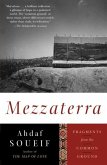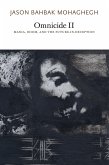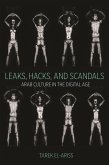Can a writer help to bring about a more just society? This question was at the heart of the movement of al-adab al-multazim, or committed literature, which claimed to dominate Arab writing in the mid-twentieth century. By the 1960s, however, leading Egyptian writers had retreated into disillusionment, producing agonized works that challenged the key assumptions of socially engaged writing. Rather than a rejection of the idea, however, these works offered reinterpretation of committed writing that helped set the stage for activist writers of the present. David DiMeo focuses on the work of three leading writers whose socially committed fiction was adapted to the disenchantment and discontent of the late twentieth century: Naguib Mahfouz, Yusuf Idris, and Sonallah Ibrahim. Despite their disappointments with the direction of Egyptian society in the decades following the 1952 revolution, they kept the spirit of committed literature alive through a deeply introspective examination of the relationship between the writer, the public, and political power. Reaching back to the roots of this literary movement, DiMeo examines the development of committed literature from its European antecedents to its peak of influence in the 1950s, and contrasts the committed works with those of disillusionment that followed. Committed to Disillusion is vital reading for scholars and students of Arabic literature and the modern history and politics of the Middle East.
Dieser Download kann aus rechtlichen Gründen nur mit Rechnungsadresse in A, D ausgeliefert werden.









